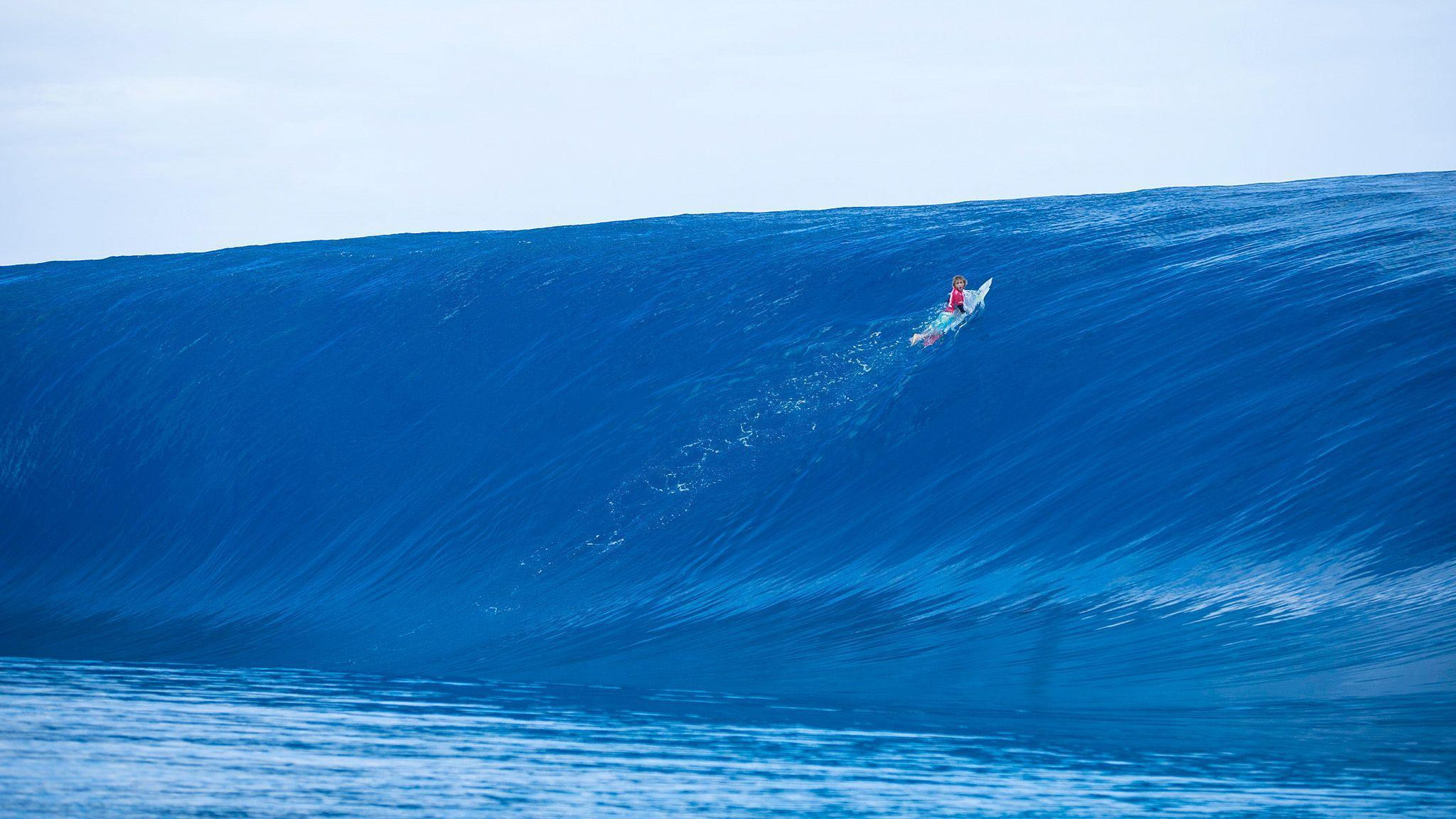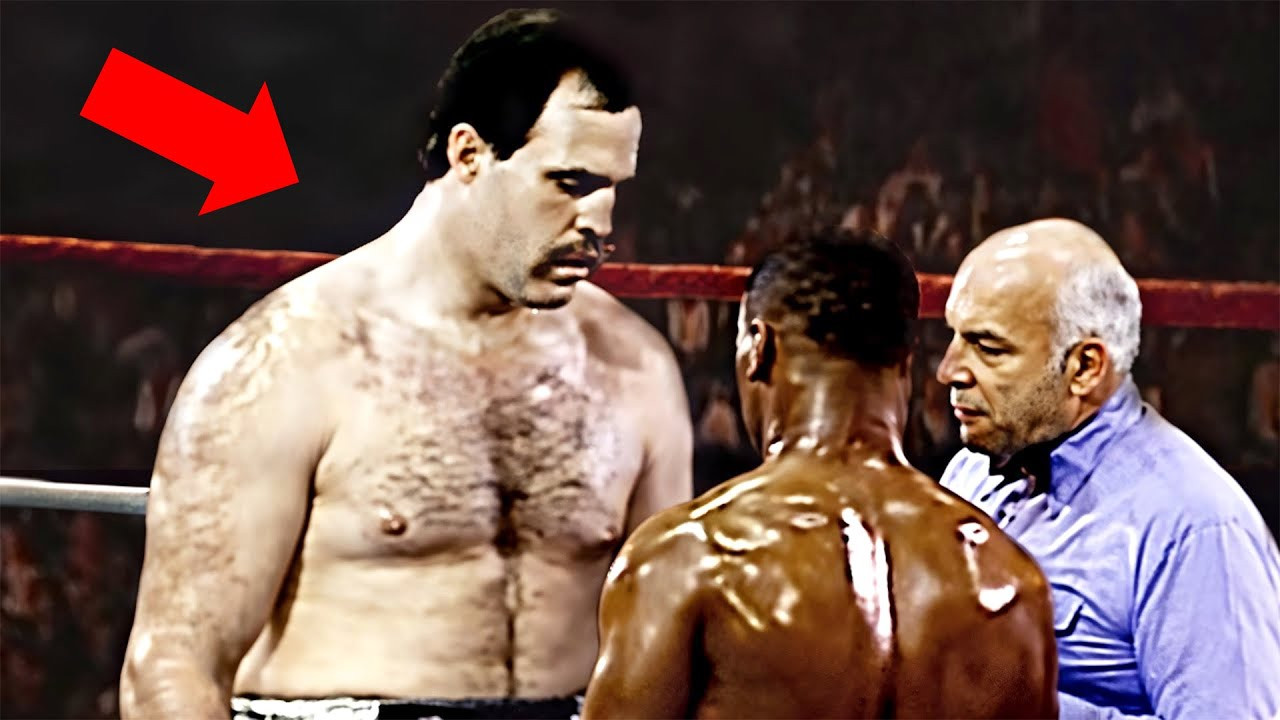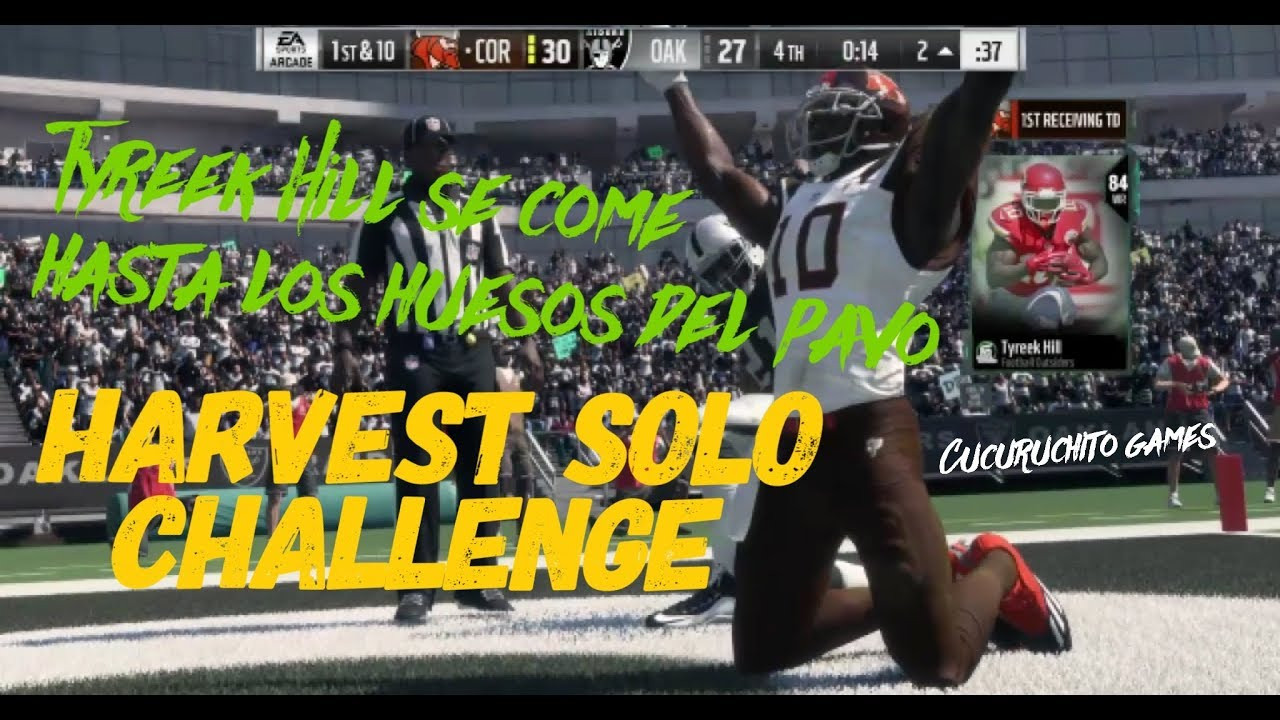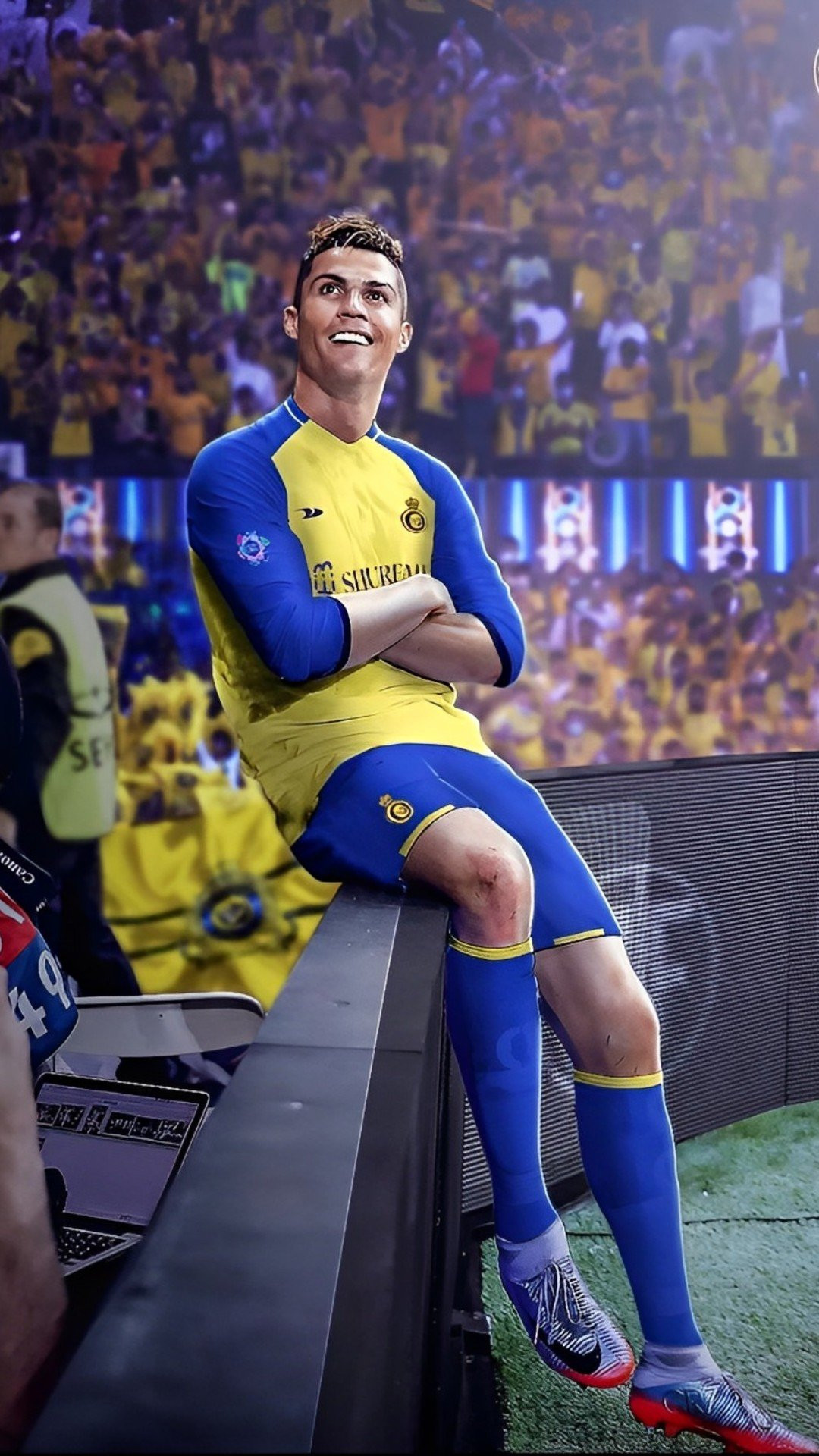The Paris Olympics are in full swing, but far away from the main stadium, the world’s greatest surfers are taking on Tahiti’s biggest wave as part of the competition. Lale catches up with Condé Nast Traveler’s Megan Spurrell, who flew out to the French Polynesian island to witness the power of the wave firsthand—and speak to the women surfers who are riding it in the hopes of winning gold. (After listening, read her full story here.)
The Olympics are going to be in a small village here called Teahupo'o on the island of Tahiti. And it became my dream and then reality to come and interview all the surfers and learn about the surf scene here. I mean so many people I've spoken to ahead of this trip don't even realize that part of the Paris 2024 Olympics are happening here, just surfing.
Obviously the surf scene, if you're talking about the whole island, which kind of has a big section of the island and something that looks like a second island that is still connected. You can drive around the whole thing. On the north and east side, it's a lot more, people are much more spread out. You'll see fewer grocery stores and you might see waves where there's one or two people surfing.
Then when you get to kind of the south and the west side heading down towards Teahupo'o, there's a surf scene. You can see that there are spots where there's a ton of surfers pulling out. There's a lot of people in the water. You can tell they're waiting their turns and it's a huge part of people's lives.
And then in Teahupo'o specifically, it's the end of that road that encircles Tahiti. It just doesn't cover the furthest southern stretch. And the road literally ends at the start of Teahupo'o, then it becomes a dirt road, and then there's no road. And from there people who reach their homes go by boat. So it just has this feeling that you're like, people there kept saying, “In the bush.” There's just this close-knit feeling of being kind of out there, but you're all gathered around this one wave, this one tiny town, and it feels really close-knit and welcoming honestly.
And I got super lucky because my guide on the island of Tahiti was Tikanui Smith, who's a big wave surfer. If we're out at the wave, he's saying hi to every single person surfing there. If we are at the one restaurant in town in Teahupo'o, he knows everyone. And it felt like that allowed me to really watch what it was like to be an active member of this surf community where people are friendly and connected.
Tahiti's Teahupo'o: The World's Heaviest Wave
So you're right next to it. I think because there's this pass in the reef, boats and jet skis can go right next to where the waves are breaking. So you're kind of like the wave curls kind of in one spot and you can be right next to it without getting pulled in.
But kind of the beginning is scary. And then once you're in it, it's like there's a beautiful view. You can see these green mountains and this bright blue water in front of you and it's like, “Okay, you're in now, you did it.” And a lot of people talk about getting to feel this energy that the wave has.
Keep in mind it can get up to 30 feet. So I was seeing a fraction of this wave's potential because conditions change all the time. And still it's like there's this loudness to it, kind of like a roar as it's just crashing. But it also feels very serene because everyone who's watching is just kind of entranced by it, and everyone who's surfing is very concentrated.
Because of that reef, even though there's a gap in it, it's still right below the surface. Everyone who's surfed has told me as you're riding the wave, you see the reef right below you and you don't want to hit it.
Where the reef is, there's a huge drop-off, like 1,000 feet right off the shore. So these swells that travel all the way across the open, Pacific Ocean come charging at the shore. They rush up and then they quickly drop and crash onto the reef, which makes this perfect barrel.
A barrel is where it looks like a tube when the surfer goes right through it, which is a thing that if you surf and if you're good, you want to get barrels. I think it must be an incredible feeling. And even when this wave is small, it still is making barrels. So on a slow day you can be getting barrels. And on a gigantic day, very tall guys are standing up and having plenty of room to move around.
Olympic Controversies: A New Tower Sparks Outrage
With conditions as unpredictable as this, the Olympic competition could take place anytime between July 26th and August 5th. Whenever they decide the conditions are right. It'll last for two days. The judges and reporters will be watching from a newly built tower, one that’s been a source of tension between locals and the Olympic Committee.
Just the Olympics, the organizers, so that included local government and Paris organizers were like, “We're going to build a much bigger observation tower.” It's going to be out in the reef, it's going to be this big aluminum thing with air conditioning and toilets. And before it was a wooden structure.
So there were protests in the town. Its snowballed and social media. And yeah, I think people were really outraged that they were damaging the reef to build this thing.
They modified the tower slightly, but I think a lot of people still wish it didn't, it wasn't built, but it is.
I think people will be really excited if one of the local surfers wins. I think that will be a huge morale boost. And I think even the international community, even people from other countries will be excited.
The Women of Teahupo'o: From Local Legends to Olympic Hopefuls
There are two Tahitian surfers representing France. One man, one woman. Could you tell me a little bit about the woman who's competing?
Yeah, so Vahiné Fierro, I mean I saw her out there every day. She's in her early 20s and she's from another island of Wahine but has lived in Teahupo'o for a while and everyone just talks about how she is so committed. She is out there practicing so hard. She's so talented, she knows this wave better than anyone.
It was really cool to watch her. She's like, it's beautiful to see how she carves up and down this wave. And she's always smiling and so I think there's a lot of hometown support around her. If either French Polynesian wins, everyone will be thrilled.
Something that I feel like you can't miss, even though it's annoying to talk about women's physicality right off the bat, but she's quite small. And so you don't miss her because it's this big wave and you just see this person flying up and down it.
There's this moment where the wave is kind of cresting and you see someone decide to go in. And your heart stops for them kind of to see what's going to happen. And then she just makes it look easy. She slides up and down. She goes up to the top, there's a big spray of water, and at the end of the wave she kind of just turns out of it gracefully and falls back onto her board and paddles out again. And she makes it look effortless, which I know it's not.
I guess I don't know exactly how she became one of the best, but I will say she's from a different island. She moved to live near this wave. I think with the idea of being like, “I'm going to know this wave. I'm going to be the best surfer here.”
I think a big turning point was in May there was the Tahiti Pro, which is a competition that happens at this wave every single year. And she entered on a wild card, so she was not supposed to be part of the competition and she got in and she won.
Something Vahiné told me that I didn't realize, but in women's competitions at Teahupo'o a couple of years ago, they actually stopped having women surf this wave. They said it was too dangerous and it was just the men. And so the Olympics—
I think something happened and everyone was like, “This is sexist, this doesn't make any sense.” And so Vahiné was like, “Women actually weren't allowed to compete here,” which is ridiculous. And us getting to have the Olympics here not only will be a chance to bring it back, but also show that we're just as good. And she had a really great quote to me about how the women are putting on an even better show than the boys now.
Yeah, she's Hawaiian and she's a fantastic surfer. She's been surfing since she was really young. She talked about her dad pushing her out on a surfboard when she was a baby. So I think a common theme with a lot of these women is that they've been doing it for a long time. She had announced that she was going to retire actually, and then she qualified for these Olympics. So this is sort of her swan song.
She's 31 years old. And I think she's talked about wanting to start a family and touring with surfing is really challenging. You are on the go all the time, you are subject to the weather. And so she kind of came out saying she wanted to focus on herself.
Also, something interesting about Carissa, is she has an organization to sort of support the mental health of women and girls in Hawaii. And I think that you can tell just comes from having been on this really intense athletic circuit. And it sounds like she's maybe taking care of herself a bit, which I fully support.
Beyond the Waves: Exploring Tahiti's Culture and Beauty
I am not going to be flying out to Tahiti to surf this wave in my lifetime. I'm just going to say it. I'm never going to get that good. I'm never going to be that brave. A few people will, but there are lots of reasons to go out to Tahiti and enjoy a little bit of this surf life.
As someone who also will probably never have the skill level to surf there, I still would totally. I mean, I want to come back just to be around this culture. You can take boat tours out to see the waves. And I mean I was passing this wave all hours of the day. Whenever there's daylight, people are on it.
So you can go and watch people surf, which is honestly incredible to be right next to the wave seeing it. And this is just one of many waves. So you can hang out in the Town of Teahupo'o where all the accommodations are guest houses, so you stay with a family, you can ask them all about it. Someone who owns the guest house is probably a surfer.
There's one restaurant in town called Hinerava where you hear everyone coming off the wave or going to it. And someone was telling me that if you are there during a really big swell, you'll see all the big name surfers from all over the world coming in and they're all eating lunch at the same place. So it's kind of like a… Once you start recognizing people, you realize everyone's there.
The energy is cool and you can even just sit on the beach right there. There's a beach break, so a much smaller wave in front of Teahupo'o where the kids surf and/or someone like me probably.
I did, but not at Teahupo'o. I went at Papeno'o, which is a very welcoming place for beginners. They do lessons and rentals and it's so nice to get to come here and be in this warm tropical water. You have these incredible views and you're getting a taste of it for yourself. And you could be a beginner there, like a first-timer and learn, but you can also, watching people is way more fun than I ever would've given it credit for.
The culture here, you're expected to go out and introduce yourself to everyone in the lineup. Swim up to them, shake their hand and be like, “Hi, I'm Megan. What's your name?” Meet everyone. And then you start surfing.
In California, it's like you go out, you side-eye people. It's very nasty. People are cutting in front of each other for the waves. The town I grew up in literally had a problem with a gang of dad surfers not letting people surf their waves.
I've eaten Poisson Cru or sashimi, which are on every menu, I mean for breakfast, lunch, and dinner. I'm definitely in my element. And I think what's cool here is when I ask people for restaurant recommendations before or when I've read articles, there's a lot of go anywhere. Where I'm like, “Well no, but tell me the good place.”
But then I've realized why people say that. Because any random side of the road restaurant I go to and I get the Poisson Cru or I get anything else, it's all equally good. I promise you, every single place side of the road I've pulled over, where you see that they have Tahitian food, it has been good in my experience and everyone here tells me the same. So I would say just be open to trying little spots.
I think being in such a beautiful place for such a short amount of time, I've made a rule for myself, which is every morning I have to jump in the ocean. So even if I have a packed day, it's like I got to get out there and take advantage of this. Even if it's one dunk, and then I shower and I start my busy days, which have been very busy.
I love doing a boat tour around the south side of the island. So you go and see these crazy waterfalls, you wade through lagoons. There's all these formations in the cliffs meeting the ocean where you can see where a long time ago, ancient Polynesians used to wail. Or where women would go to give birth in this rock structure that’s right beside the ocean.
Doing a tour where you can see that history. Also, just driving around, there's Maraes which are open air temples, I think there's over 100 on the island. And I would just see signs for them on the highway and pull over and they're these beautiful serene spaces that have stood since the ancient Polynesians. Those are a few things I really loved.
So it's making sure to soak it up and how amazing that feels. I cannot imagine. If you just show up to any of these towns and don't know a single person, people are really friendly, but it's a game changer. And so it's like is that staying at a home-stay where the person is a surfer and you're curious about surfing so you'll be able to talk to them.
I thought French Polynesia was so far and so ambitious.
I mean it sounded crazy when you said you were going to do it. I was like, “We go and we work at Condé Nast Traveler.” It feels like we are lucky that it feels like anywhere's game. But even French Polynesia, I was like, “That's far.”
I wish people could have seen me around the office. It kind of was a joke where I was like, “This year I'm going to try to go to French Polynesia.” And everyone laughs and I'm like, “Really want to go to French Polynesia.” And I mean, I worked really hard to get to, but I think I'm also here, and I'm like, “Why did I not think I could just bring myself on vacation here?”
There are 118 islands in French Polynesia and now more Americans are discovering them.
From New York, it was a flight to L.A. and then a six-hour flight from there. But that's not different than me going to Hawaii, which is also a wonderful place, but feels a lot more accessible to me. And I think just trying to break that barrier of where we can take ourselves and also it seems really indulgent.
So many people, especially when I was in Bora Bora, are on their honeymoons. Great. It doesn't mean you have to be. And I think certain trips because they feel far or expensive or indulgent in, you love surfing like me, but you're not actually good and you're not going to surf out there. You save those trips for, I don't know when. You put them on a shelf and it feels so good when you do them. It's so good.
I'm jealous of myself.
It has been such a delight. Thank you for giving us a little glimpse into life in Tahiti and surfing those waves. If people want to find you on the internet, read your story, and watch the Olympics themselves, where should they go? Where can they find you?
You can find me @Spurelly with Y at the end, on Instagram. Obviously this beautiful story is on Condé Nast Traveler and I'm sure we'll be sharing it on Women Who Travel.
And for the Olympics we have a whole guide on how to watch the Olympics from afar that has a list of all the channels that will be streaming it. For surfing, and if you have any of the Olympics channels playing at home, or you're going to a bar that’s playing them, you'll know when surfing’s on and you should definitely watch.
And out of the 48 surfers competing, half are women for the first time in Olympic history.

















